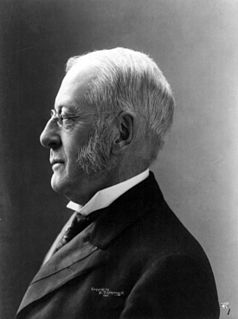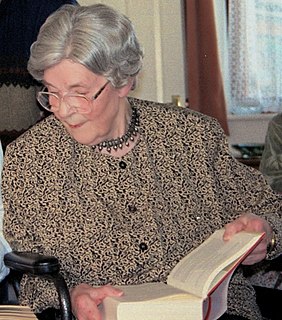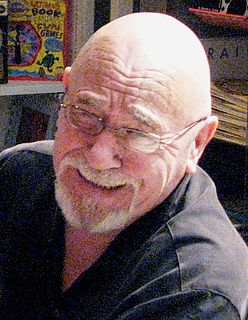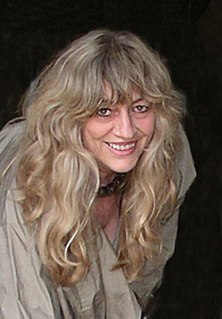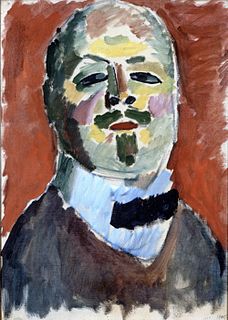A Quote by Charles William Eliot
Nobody has any right to find life uninteresting or unrewarding who sees within the sphere of his own activity a wrong he can help to remedy, or within himself an evil he can hope to overcome.
Related Quotes
Every man has within him only one life and one nature ... It behooves a man to look within himself and turn to the best dedication possible those endowments he has from his Maker. You do no wrong in questioning what once you held to be right for you, if now it has come to seem wrong. Put away all thought of being bound. We do not want you bound. No one who is not free can give freely.
Whoever has not arrived at the clear insight that there might be greatness entirely outside his own sphere for which he has no understanding, whoever does not have at least a dim inkling in which area of the human spirit this greatness might be situated: he is within his own sphere either without genius, or he has not educated himself up to the point of the classical attitude.
Before the tribunal of nature, a man has no more right to life than a rattlesnake; he has no more right to liberty than any wild beast; his right to the pursuit of happiness is nothing but a license to maintain the struggle for existence, if he can find within himself the powers with which to do it.
Since the social victim has been oppressed by society, he comes to feel that his individual life will be improved more by changes in society than by his own initiative. Without realizing it, he makes society rather than himself the agent of change. The power he finds in his victimization may lead him to collective action against society, but it also encourages passivity within the sphere of his personal life.
When the father dies, he writes, the son becomes his own father and his own son. He looks at is son and sees himself in the face of the boy. He imagines what the boy sees when he looks at him and finds himself becoming his own father. Inexplicably, he is moved by this. It is not just the sight of the boy that moves him, not even the thought of standing inside his father, but what he sees in the boy of his own vanished past. It is a nostalgia for his own life that he feels, perhaps, a memory of his own boyhood as a son to his father.
It is equally clear that a government must govern, must prescribe and enforce laws within its sphere or cease to be a government. Moreover, the individual must be independent and free within his own sphere or cease to be an individual. The fundamental question was then, is now, and always will be through what adjustments, by what actions, these principles may be applied.
The artist should paint not only what he sees before him, but also what he sees within him. If, however, he sees nothing within him, then he should also refrain from painting that which he sees before him. Otherwise, his pictures will be like those folding screens behind which one expects to find only the sick or the dead.
A penniless man who has no ties to bind him is master of himself at any rate, but a luckless wretch who is in love no longer belongs to himself, and may not take his own life. Love makes us almost sacred in our own eyes; it is the life of another that we revere within us; then and so begins for us the cruelest trouble of all.
Each man had only one genuine vocation - to find the way to himself....His task was to discover his own destiny - not an arbitrary one - and to live it out wholly and resolutely within himself. Everything else was only a would-be existence, an attempt at evasion, a flight back to the ideals of the masses, conformity and fear of one's own inwardness.
